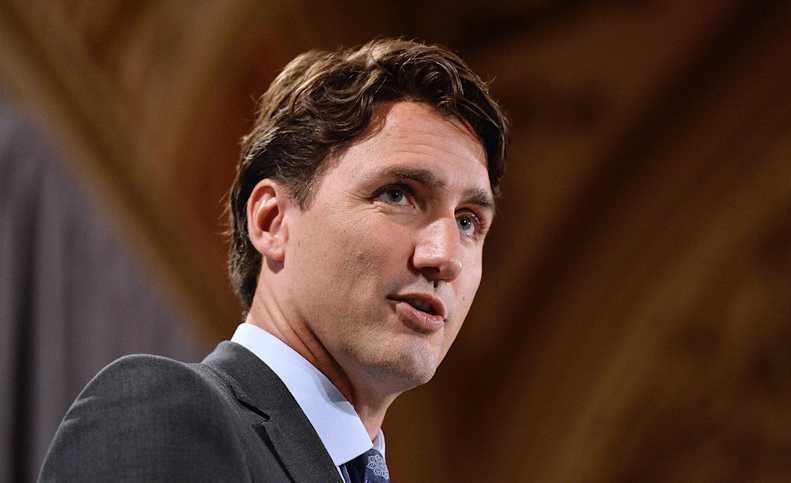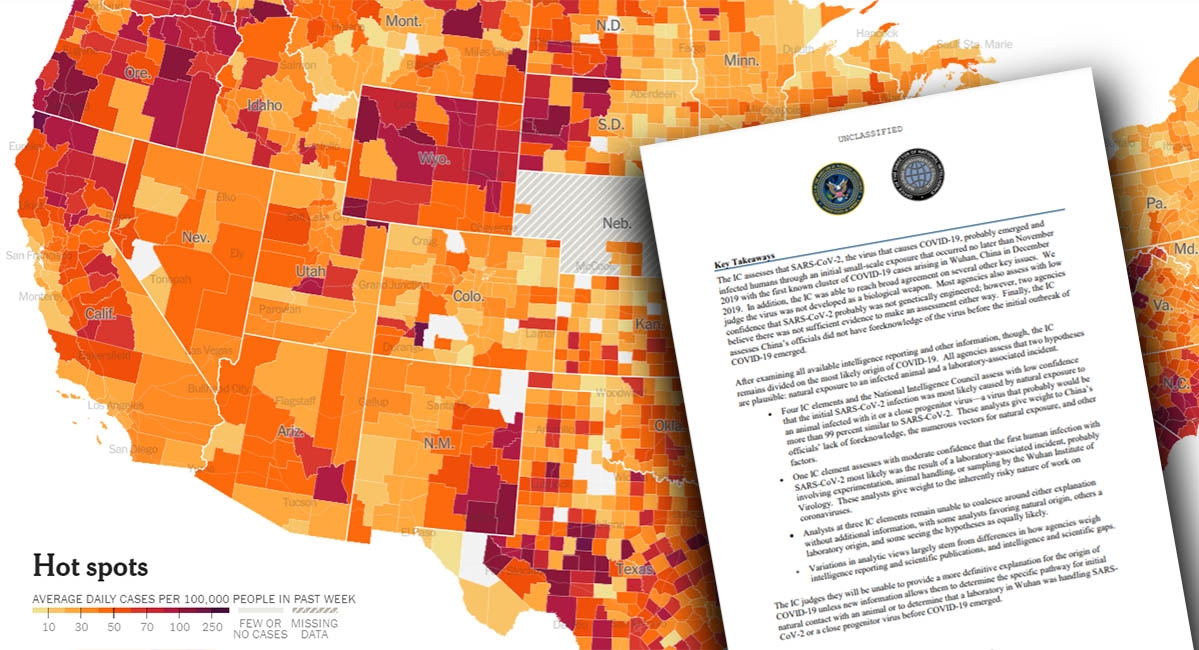
The SNC-Lavalin scandal and Trudeau’s artificial apology
Photo credit: Canada 2020
Thirteen years ago, the Conservatives enacted the Federal Accountability Act, designed to bring an end to political interference in the justice system. This act gave independence to the director of public prosecutions.
Despite this enactment, for a period of approximately four months from September to December of last year, Justice Jody Wilson-Raybould experienced a consistent effort of interference in her role as Attorney General involving the Prime Minister’s Office, the Privy Council Office, and the Office of the Minister of Finance. From phone calls, texts and emails, to in-person conversations, boundaries were pushed.
Wilson-Raybould openly stated her experience of harassment from Trudeau and his staff, pressuring her to secure an agreement to resolve a criminal matter against the SNC-Lavalin firm. Pushing her to reconsider a deferral of the prosecution agreement, Trudeau placed his own agenda above the letter of the law.
Trudeau’s actions question his moral authority to govern — failing to uphold the rule of law in order to feed his political partisan, resulting in corruption in his own office. This matter goes far beyond, “an erosion of trust” as Trudeau put it in his hollow apology made last Thursday at the National Press Theatre in Ottawa. For a PM that is quite active in issuing apologies for Canada’s historical acts, his apologies involving his own behaviour tend to be of an artificial nature.
Rather than a sincere apology, Trudeau used the opportunity as a teaching moment to discuss this ‘erosion of trust,’ nullifying the textbook definition of an apology.
This Act is the root of the current SNC-Lavalin scandal, where the underlying issue is about upholding the rule of law. His rationale behind the matter was his claim that 9,000 jobs were on the line, however, evidence to back this up is lacking.
Trudeau is insisting that he did not apply any ‘inappropriate’ pressure on Wilson-Raybould, however, any sort of pressure incited by the PM is completely inappropriate through the lens of this law.—The subjectivity revolving around what stands as ‘inappropriate pressure’ should not be the focal point, pressure is pressure, and any sort of it is ultimately inappropriate to begin with.
In response to this matter, leader of the Opposition Andrew Sheer called out Trudeau on how he managed this situation.
“The truth can’t be experienced differently” stating a very valid point.
To be ‘good’ is quite subjective, however, to be honest is not. Thus, following the rule of law poses as a more legitimate, and principled stance on tackling these issues. Whereas Trudeau’s moral compass has only landed him in a query about his rationality.













